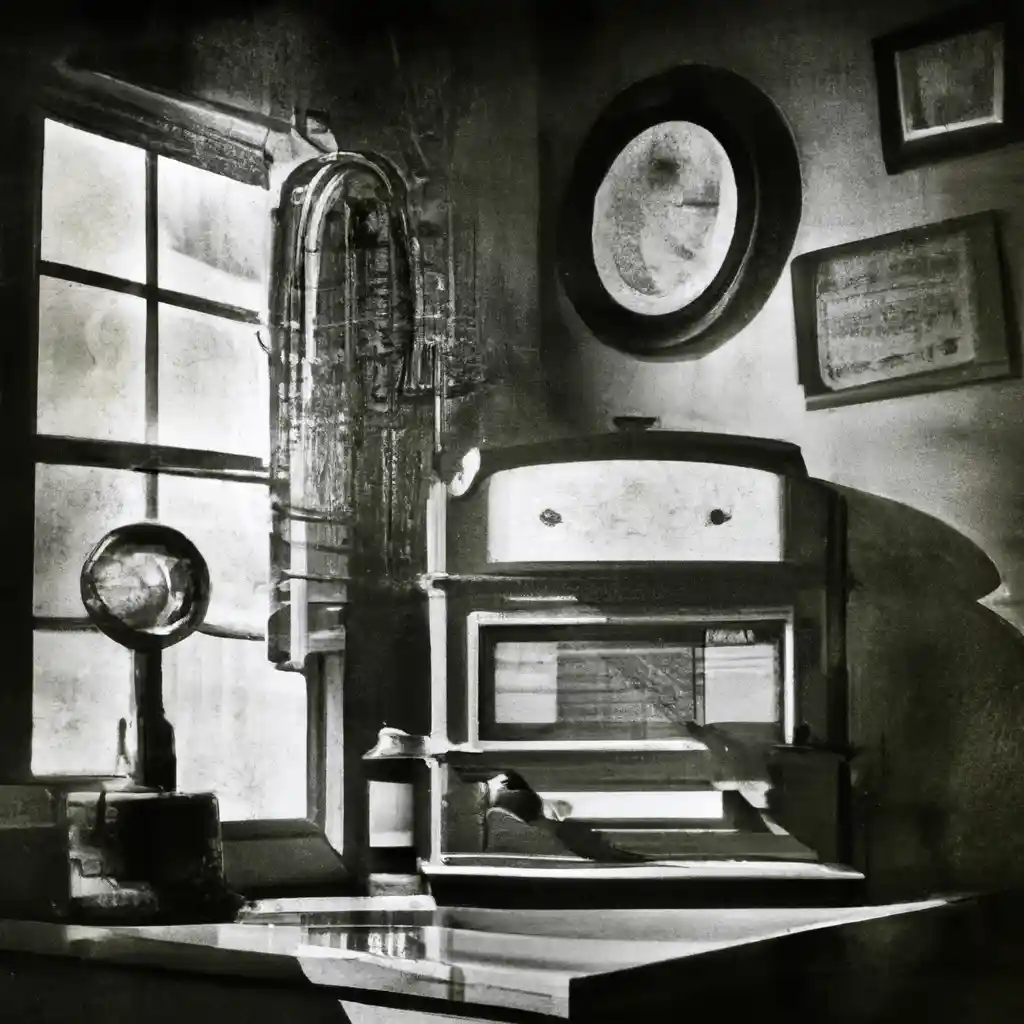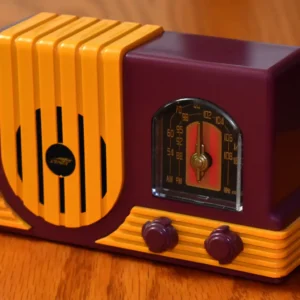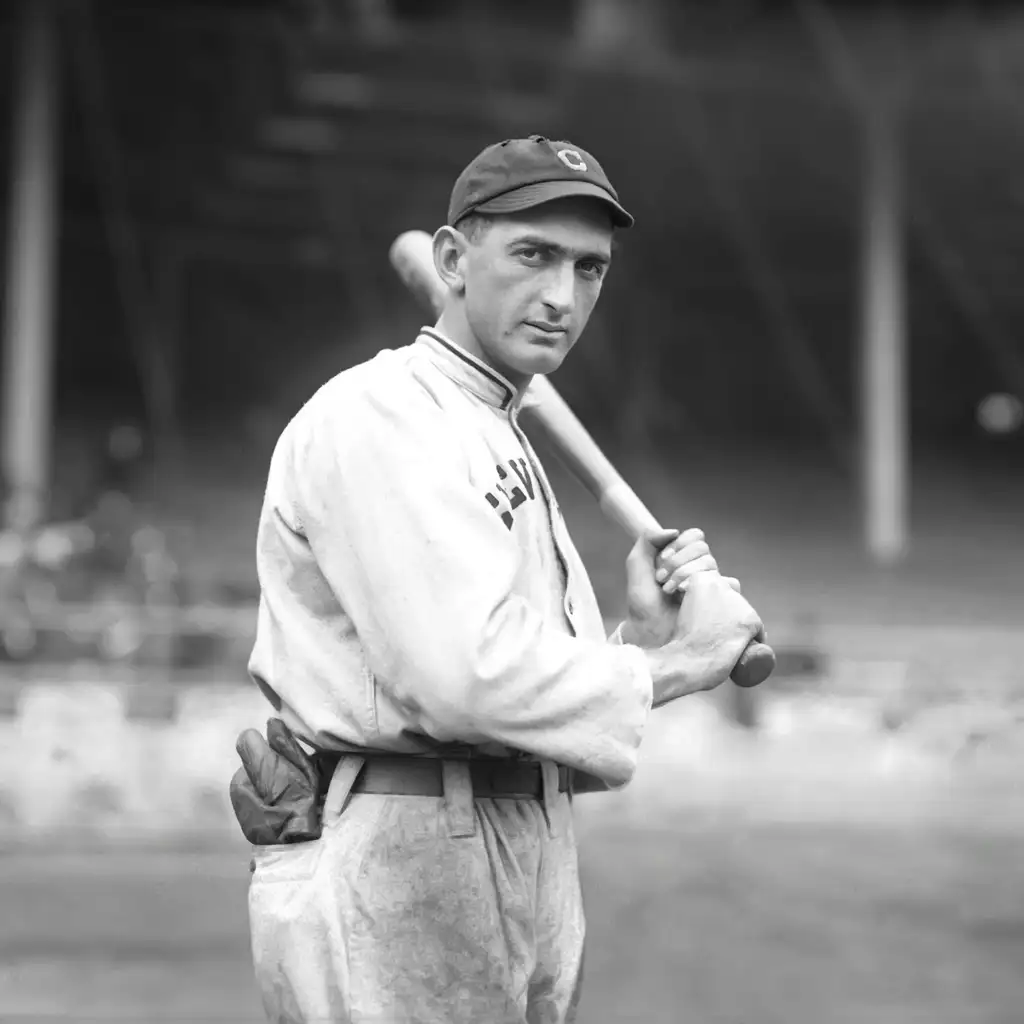In the second part of this radio history column, we delve into the early days of radio broadcasting, revealing a fascinating connection between technology and politics. While KWYO Radio officially began airing in 1934, the roots of radio in Wyoming can be traced back several years prior.
One notable event took place on June 5, 1912, as reported by the Uinta Chieftain in Evanston. A statewide radio network was established, linking Wyoming’s five radio stations for the first time. This groundbreaking initiative featured an address by Col. Tim McCoy, a renowned motion picture star and rancher who was also a candidate for the Republican nomination for the United States Senate. Colonel McCoy’s address marked the first time a political candidate’s speech was broadcast simultaneously on all Wyoming radio stations.
The technical preparations for this statewide radio hookup were extensive, requiring 687 miles of long-distance telephone lines. The program originated from KFBC studios in Cheyenne and was transmitted to stations in Rock Springs, Casper, Sheridan, and Powell. This event highlighted the growing influence of radio in shaping political discourse and reaching a wider audience.
Despite the advancements in radio technology, running a radio station in the early days was not without its challenges. An incident reported in August 1934 by the Lusk Freelance paper illustrated this point when a radio broadcast in Durban, Natal was interrupted for 11 minutes due to a moth causing a technical malfunction. This anecdote serves as a reminder that even minor incidents could disrupt radio broadcasts.
Looking back at the timeline of radio development, significant milestones were achieved in the early 20th century. In 1913, tests were conducted between the Eiffel Tower in France and a station in Washington, showcasing the potential of radio communication over long distances. The following year, Marconi and radio officials initiated wireless telephone tests between vessels of the Italian fleet, demonstrating the practical applications of radio technology.
Radio’s role in history goes beyond entertainment; it has been instrumental in communication, navigation, and emergency situations. From political speeches to maritime communication, radio has left an indelible mark on society, connecting people across vast distances and shaping the way information is shared.








